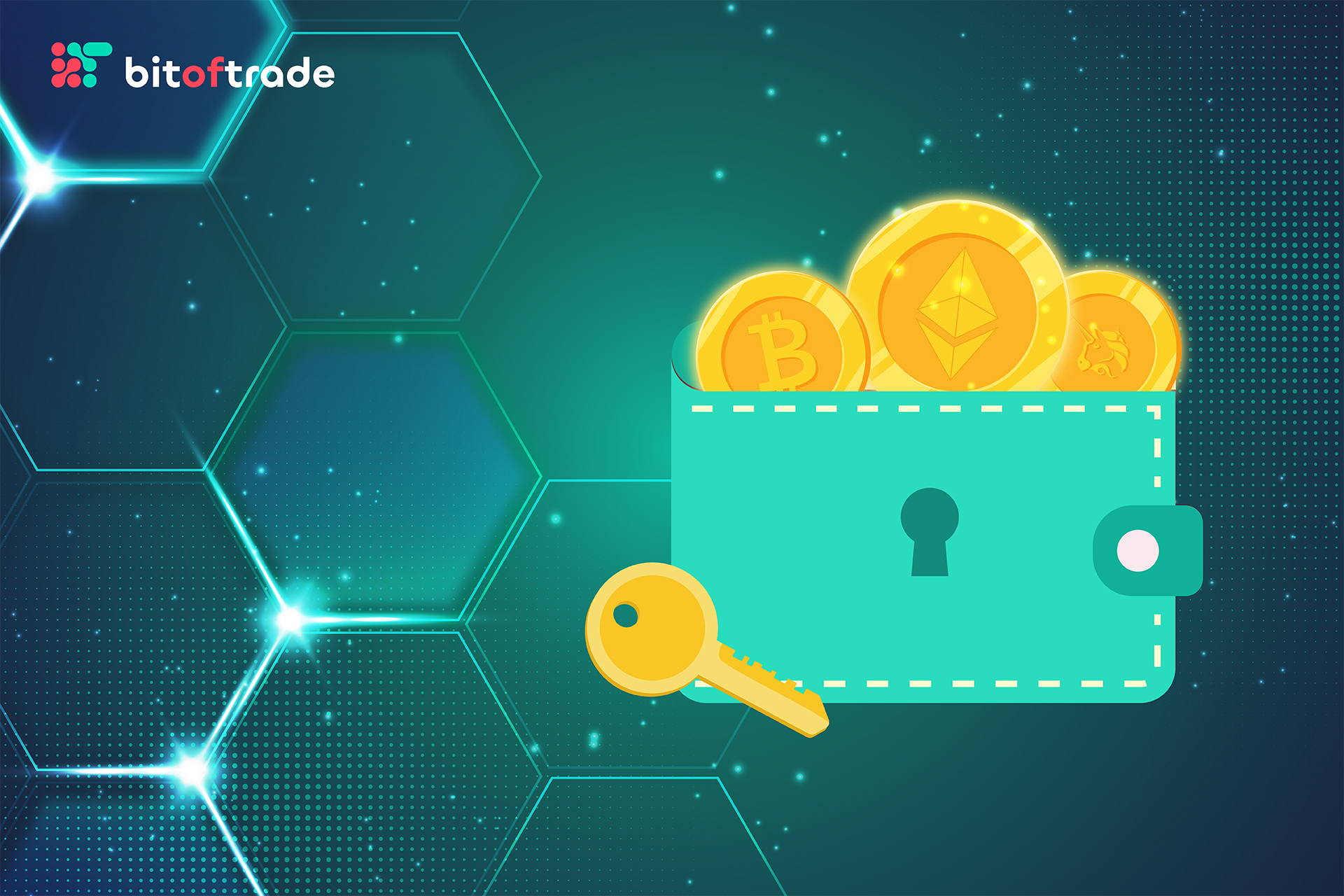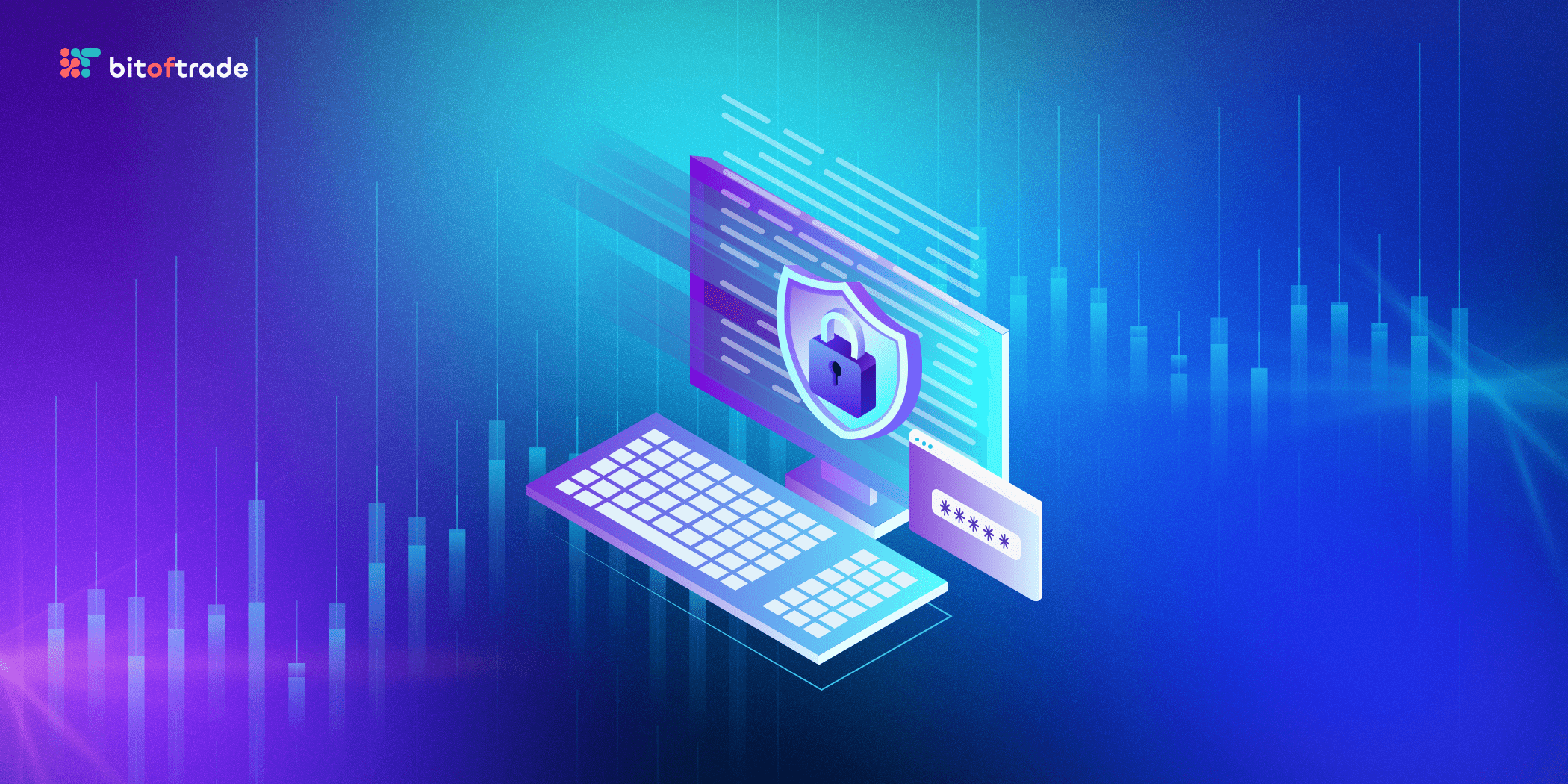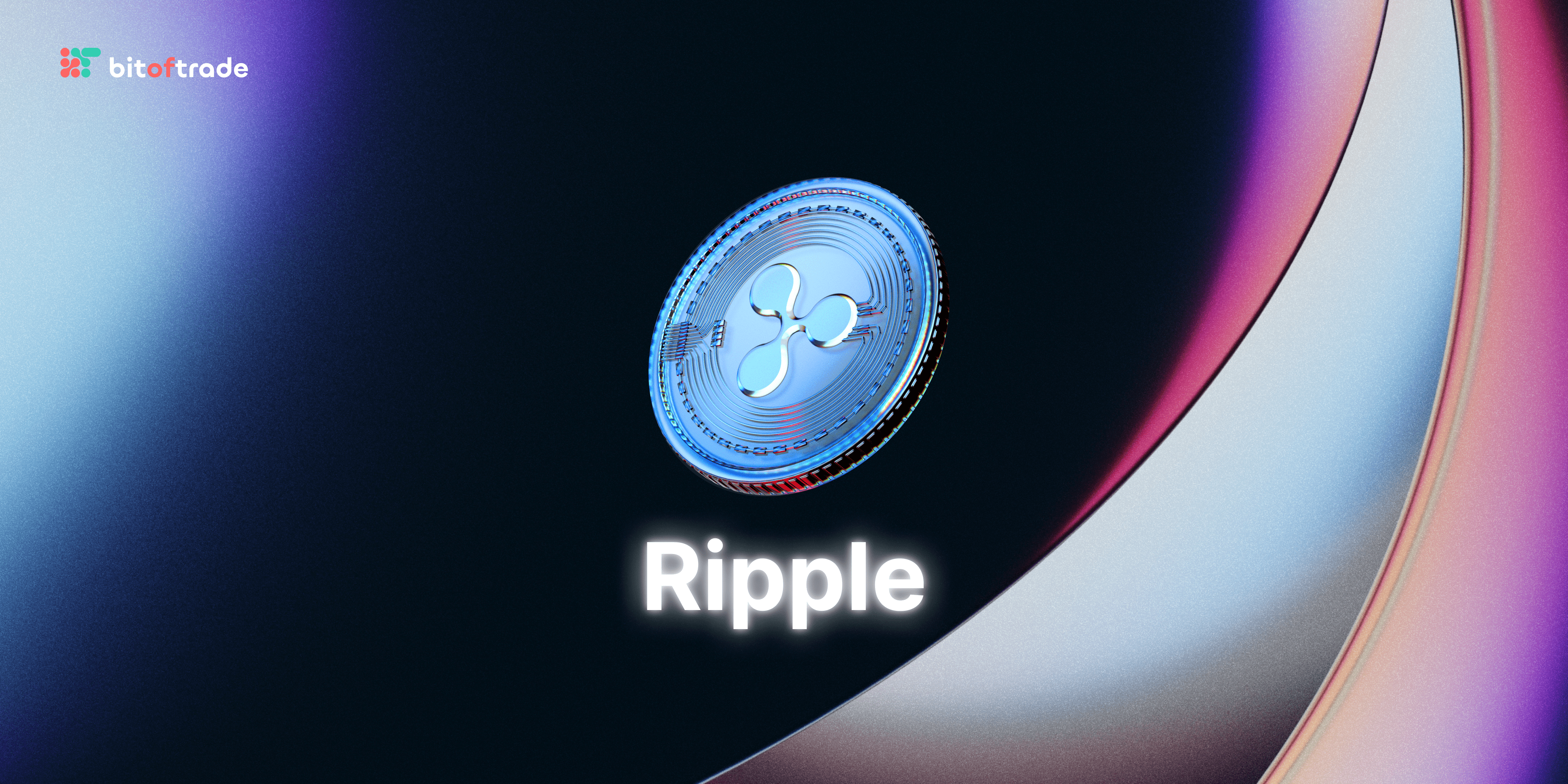In 2008, when Bitcoin first emerged, the dream it and other cryptocurrencies carried were of a completely new, decentralized financial system. Decentralized, non-custodial exchanges are keeping that dream and vision alive.
Despite the original vision, centralized exchanges — where users' can exchange one crypto for another, or fiat currency for crypto — holds users' money in one place, similar to banks. On centralized exchanges (CEXs), you transfer funds from your wallet into the exchange’s wallet. Once funds are centralized, they are at risk of being stolen or locked.
This transfer leaves users' vulnerable to hacks and cyber-attacks, often costing hundreds of millions, such as attacks on Binance, KuCoin, Upbit, and numerous others. Far too many centralized exchanges have been hacked, and users' funds have been taken.
Alongside these threats, there’s always the looming risk that governments will ban cryptocurrencies and exchanges. Numerous countries have either done this, or are threatening to take action to ban crypto exchanges, the use of crypto, and mining.
In comparison, non-custodial wallet exchanges — also known as decentralized exchanges (DEXs) — are safer, more secure, and would continue operating. For one simple reason: on non-custodial exchanges there’s no reason for traders to register details, keeping them anonymous, ensuring that traders in Russia could keep trading. It becomes a great solution for the privacy and security issues that custodial platforms face.
In this article, we will compare centralized and decentralized exchanges with non-custodial wallets.
Custodial vs Non-Custodial Exchanges
Let’s compare custodial exchanges, more commonly known as centralized exchanges (CEXs), with non-custodial exchanges, or decentralized exchanges (DEXs).
Crypto Custodial Wallet and Exchange Risks: Examples
Centralized crypto exchanges are awfully vulnerable to cyber-attacks and hacks. In 2011, Mt. Gox was hacked less than a year after it launched when it was the largest cryptocurrency exchange in the world. $8.75 million worth of Bitcoin was stolen.
Since that first cyber-attack against a crypto exchange, there have been over 50 attacks, costing users' tens of billions of dollars, according to a report by Crystal. In 2021, a stunning $14 billion was stolen from crypto exchanges, DeFi protocol projects, and scams, according to a Chainanalysis report published in CNBC.
But cyber-attacks aren’t the only risks of trading using custodial centralized exchanges.
A prominent risk right now is that centralized exchanges, which are custodial (users' have to register details and funds are transferred into the exchange) would be affected by a government ban on buying, selling, or trading crypto. Now let’s take a closer look at the trading advantages of using non-custodial crypto wallet exchanges.
Trading Advantages With a Non-Custodial Crypto Wallet
Privacy: Anonymity is guaranteed on non-custodial crypto exchanges. There’s no need to register details, verify funds, or go through KYC requirements. Making these exchanges anonymous. Not only that, but with the risk of government bans, such as in Russia, this privacy is essential for traders to keep trading.
Security: Crypto funds stay securely in a users' wallets. There’s no need to create accounts, and then transfer funds into a centralized wallet. Completely eliminating the third-party risks of centralized exchanges. Individual users are responsible for their own security with DEXs.
Non-Custodial Exchange Advantages
bitoftrade is a decentralized exchange that uses a non-custodial approach. Ideal for traders, especially with the threat of a government ban on buying, selling, and trading crypto on exchanges.
You are the only one responsible for the tokens secure storage, keeping them in your own wallet and setting up all the necessary measures that you consider essential. bitoftrade doesn’t store your tokens and doesn’t manage them. The absence of the KYC procedure becomes another significant advantage for bitoftrade users. As long as the platform serves as an intermediary between you and a liquidity provider, it doesn’t need any personal data to process.
With the anonymity of bitoftrade, traders can remain anonymous and keep trading and withdrawal without the need to create accounts or verify their identity. No need for any centralized control.
Not only does that make bitoftrade more secure, we are keeping our fees transparent, so that users' know the cost of a transaction before it happens. Alongside these advantages, bitoftrade comes with advanced trading tools as standard, all within a super easy-to-use app.
bitoftrade is designed so that anyone, whether or not they have crypto trading experience, can complete complex multi-currency, fast-moving trades. Plus, there’s 24/7 customer support, in case something goes wrong or you need help with anything.
Cryptocurrency Custody: Key Takeaways
Cryptocurrency was always meant to be decentralized. Along the way, the dream and reality have diverged. With the emergence of centralized exchanges, users' funds flow through similar models as the traditional financial system. Unfortunately, unlike banks and money transfer services, centralized exchanges aren’t as secure.
The only and most sensible solution is to provide a more secure alternative, where users' and their funds remain anonymous, free from restrictions central governments can place on centralized exchanges. Cryptocurrency custody isn’t necessary when a non-custodial approach will keep customer’s anonymous and funds more secure, as we can promise with bitoftrade.
Are you ready to start crypto trading? Find out more, and explore on: www.bitoftrade.com


